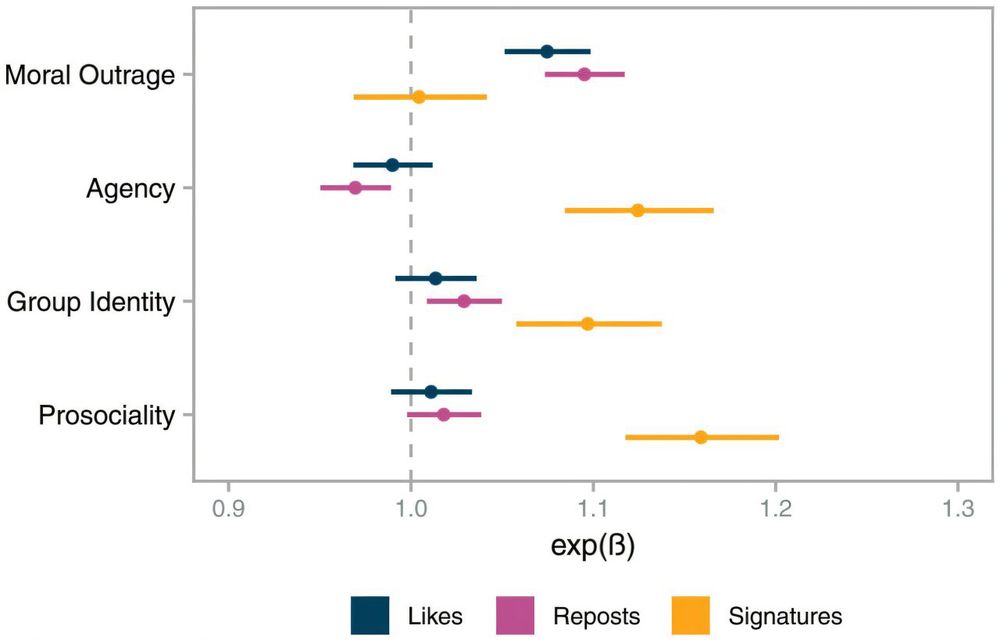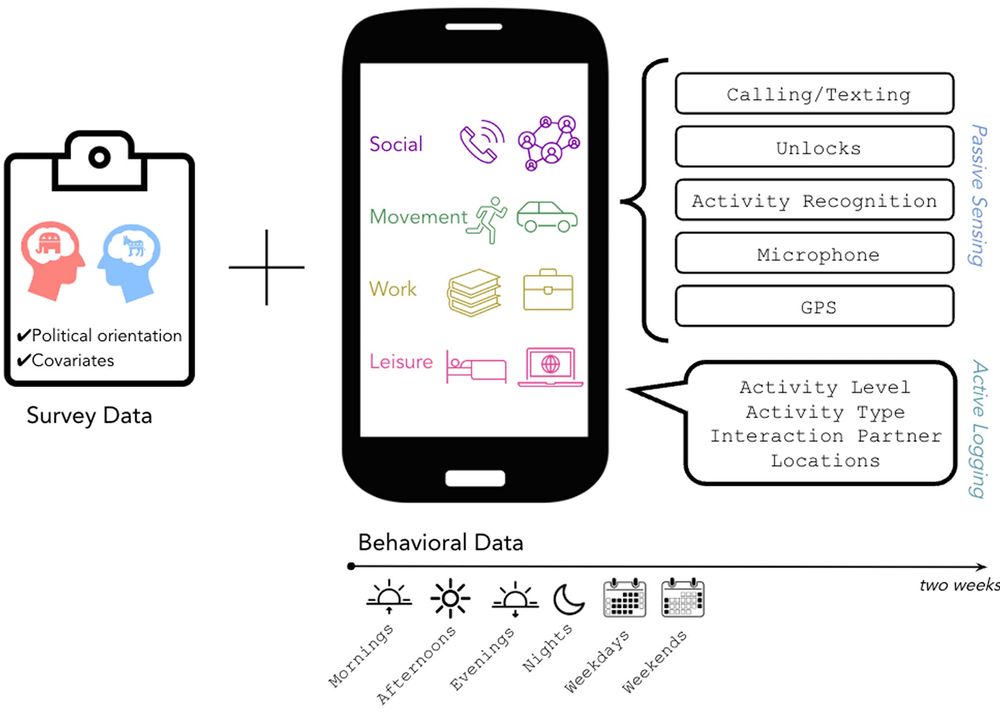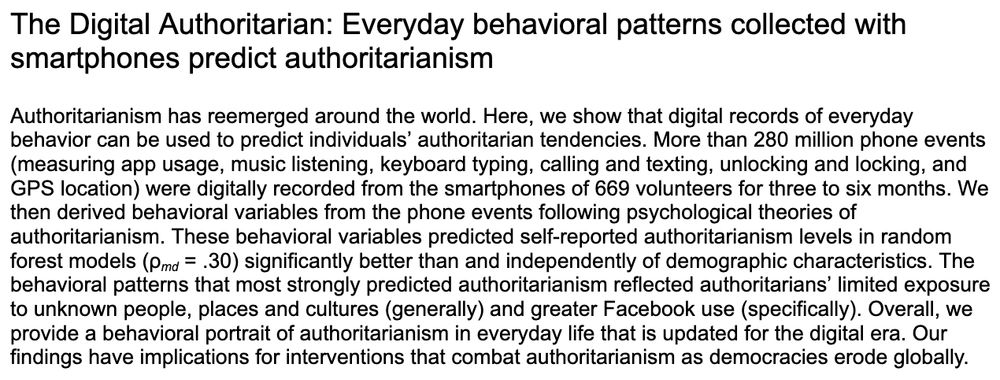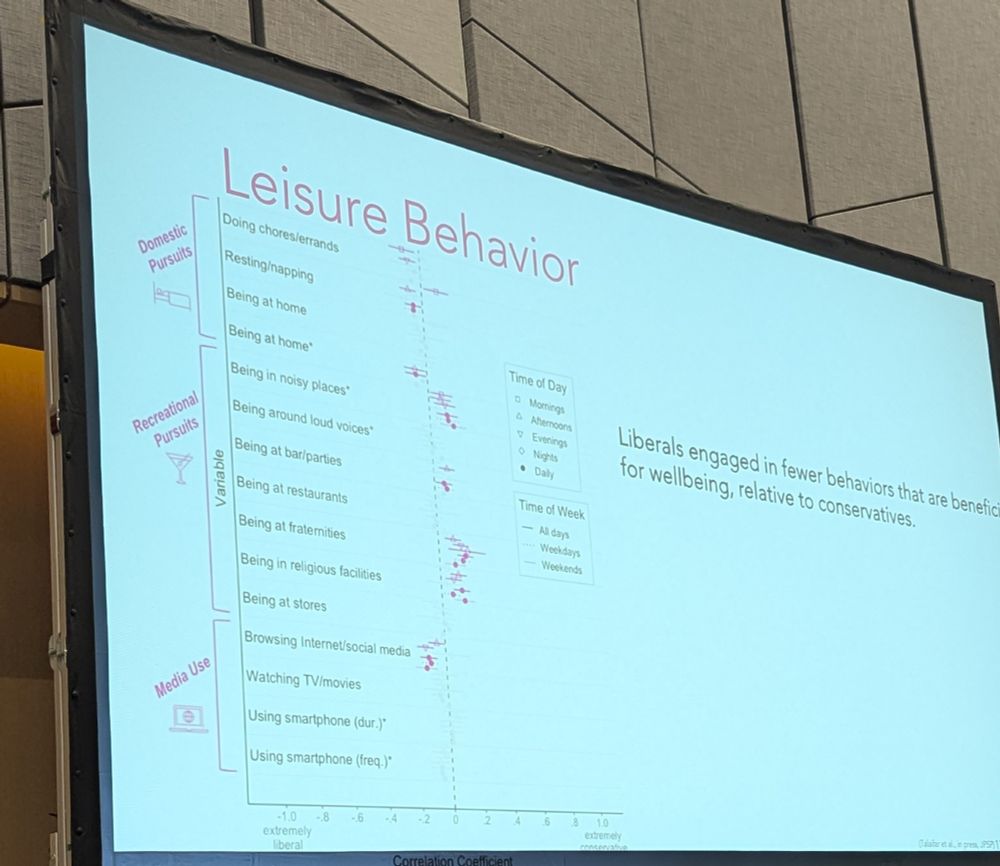Sanaz Talaifar
@drsanaz.bsky.social
40 followers
110 following
19 posts
Assistant Prof at Imperial College London, previously Stanford GSB and UT Psych. I study identity, politics, and technology.
Posts
Media
Videos
Starter Packs
Reposted by Sanaz Talaifar
Craig Neumann
@cosmiccragg.bsky.social
· Jul 23

Trump supporters report higher levels of psychopathy, manipulativeness, callousness, and narcissism
Support for Donald Trump is linked to darker personality traits, including increased psychopathy and decreased empathy, new research finds. The study also connects conservative political beliefs to lo...
www.psypost.org
Sanaz Talaifar
@drsanaz.bsky.social
· May 6
Reposted by Sanaz Talaifar
Sanaz Talaifar
@drsanaz.bsky.social
· Apr 16
Sanaz Talaifar
@drsanaz.bsky.social
· Apr 16
Sanaz Talaifar
@drsanaz.bsky.social
· Apr 16
Sanaz Talaifar
@drsanaz.bsky.social
· Apr 16
Sanaz Talaifar
@drsanaz.bsky.social
· Mar 17
Reposted by Sanaz Talaifar












